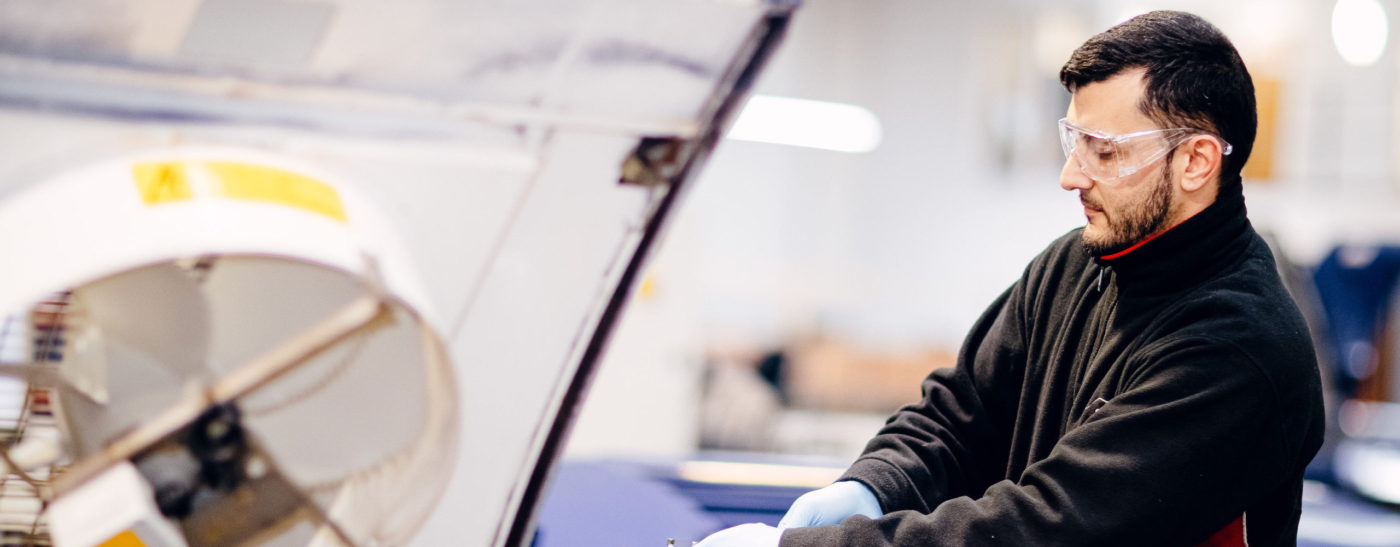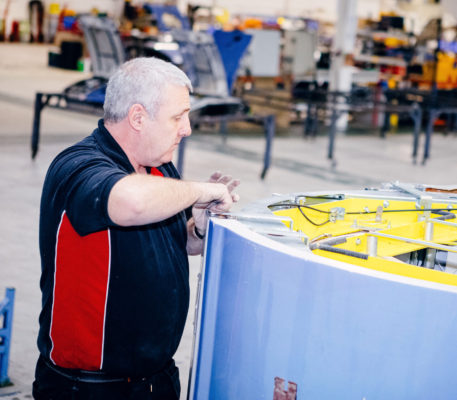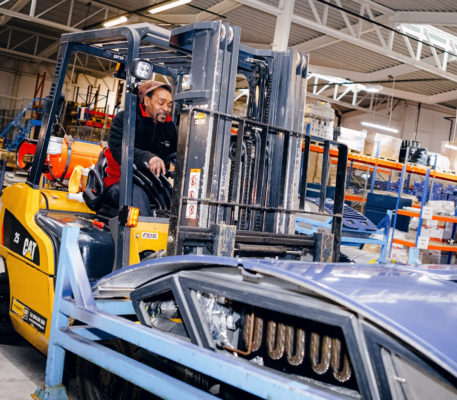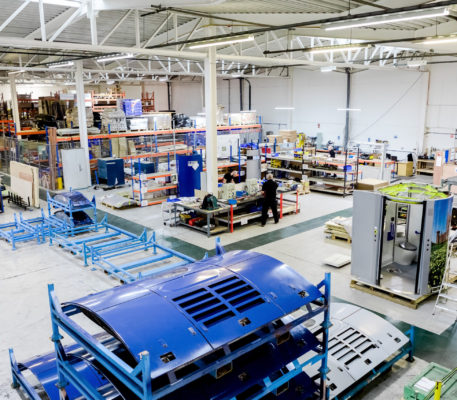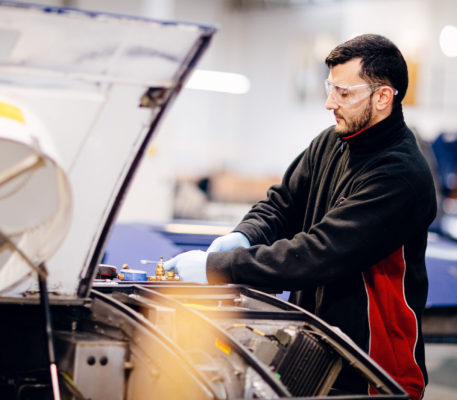Schaltbau Transportation UK working hard to reduce refrigerant gases
The increasing necessity to protect the climate and use resources with greater efficiency also calls for new energy strategies in the field of public transport.
One area which is set for major changes in the coming years is the level of refrigerant gases in HVACs – with Government restrictions set to make the current coolant system used unusable Schaltbau Transport UK is paving the way to transform the systems for the better – which will hit Government requirements and be better for the environment.
Innovation is an important factor – it’s what gives us that unique selling proposition. We can service, we can repair, we can do what you want us to do to a procedure, but what about bringing some innovative type ideas into the industry that make things better anyway.
We’re looking at HVACs at the moment. HVACs have a refrigerant content in order for the coolant side of the system and refrigerants typically have hydrocarbons which is very damaging to the O-Zone so the industry is trying to cut back through climate change on harmful emissions
What they are saying is if they can reduce Global Warming Potential (GWP) that’s one big step to go towards a cleaner climate. The systems we overhaul here at the moment and a lot of the systems that we touch on trains operate on a refrigerant called R407C blended refrigerant.
It’s a blended mix – a very special mix. What the industry is saying is that in five years time (2025) global warming potential which is currently set in 2,500 in GWP has to come down to circus 750 or something like that.
Well our 407C sits at around 1,750, so in five years times when they want these units overhauled again (time based overhauled) when they come round to the next overhaul they can’t use our 407C because they will not produce it.
There will be a complete ban on the production of that virgin refrigerant. So we are forward thinking right how do we make sure we can overhaul them in six years time. We’ve taken that as an innovation type project.
We’re going to use a different type of refrigerant that will be within the GWP guidelines, but then of course you just can’t put a different refrigerant in that HVAC unit – it won’t work. The internal components have to change.
Part one of our innovations is to look at designing a system in which it will take an alternative refrigerant but remain with good efficiency, or better than existing, but be GWP compliant.
We’ve made a bespoke HVAC frame out of stainless steel. We’re currently in the design phase now of testing looking at components. We’ve determined what refrigerant we’re going to use and we’ve then got to really rebuild the system and try different compressors.
We’re very limited on space because a lot of the units we have here form the roof of the vehicle so you are limited. A vehicle has kinematic gauging, it has to fall within a certain gauging because as it’s moving along it’s a dynamic entity – it can’t hit bridges or platforms or trains passing in the other direction so it has a limit.
So, we can’t just produce anything bolted on and there you go. We can make a really efficient HVAC system but it won’t fit in the space envelope. We want to come up with a design that is as efficient, but is a solution that means they can overhaul and use these systems in the future.
They have to do the overhaul. Everything has a finite life. In order to maintain reliability those components have to be changed.”
Virgin Gas
“There will be a complete ban on the production of that virgin refrigerant. So we are forward thinking right how do we make sure we can overhaul them in six-years time. We’ve taken that as an innovation type project.”
Get in touch
Contact us to find out more about how Schaltbau can help you in delivering your project requirements!

